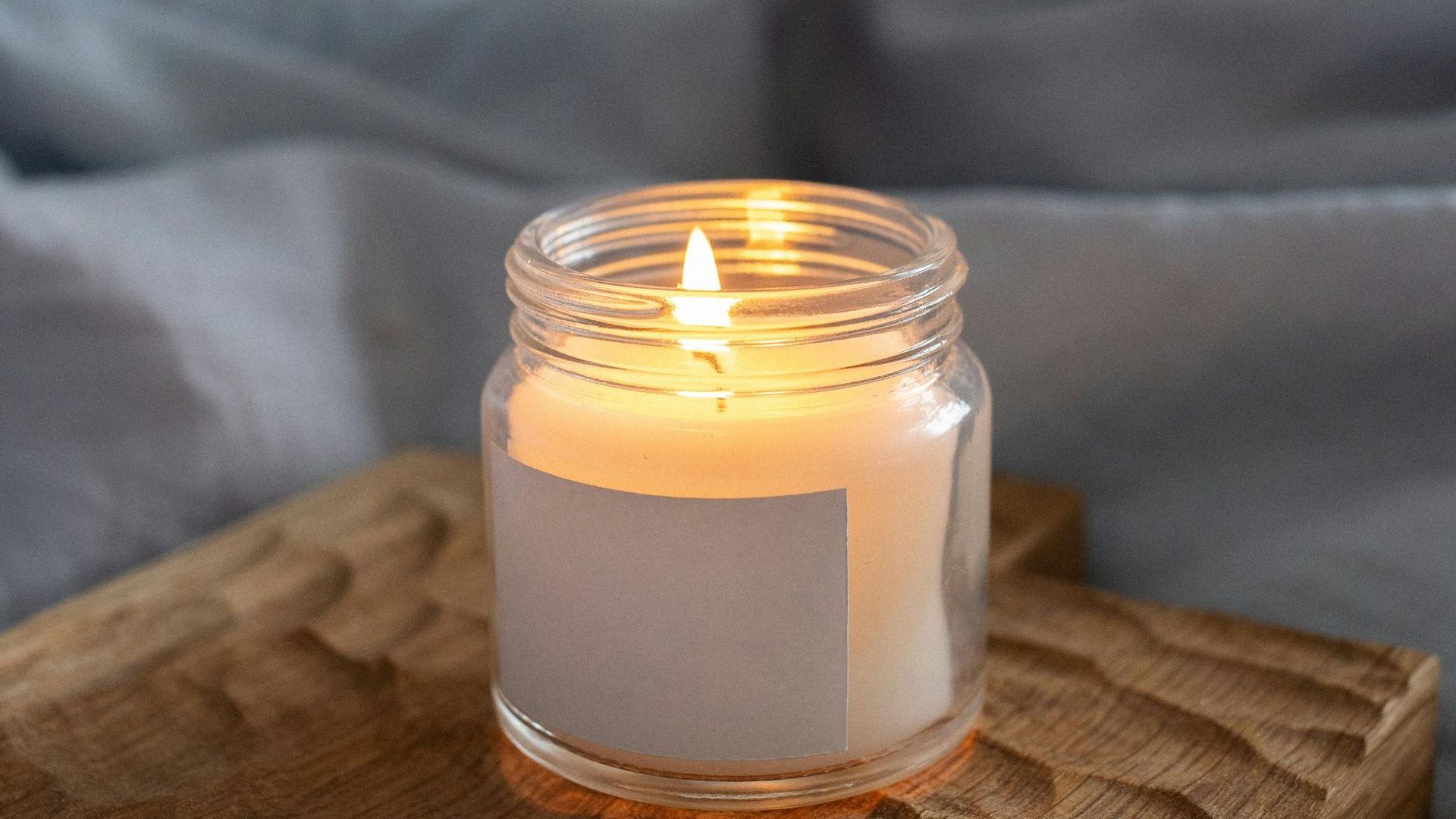Alone Not Lonely
ALONE NOT LONELY: THE MINDSET SHIFT THAT CHANGES EVERYTHING
Loneliness vs. Solitude
We often use the words loneliness and solitude interchangeably, but they represent two very different experiences. Loneliness carries an emotional weight—a sense of isolation, longing, or even rejection. Solitude, on the other hand, is a choice. It’s the ability to be alone without feeling lonely, to find peace in your own company.
But making the shift from loneliness to solitude isn’t always easy. Many of us have been conditioned to seek connection at all times, to see being alone as something to be avoided rather than embraced. In a world where relationships, social media, and constant connectivity define much of our self-worth, how do we learn to be comfortable alone?
My Own Journey with Solitude
For a long time, I struggled with being alone. Not just physically alone, but emotionally—feeling disconnected and unsure of how to fill the space without external validation. I viewed solitude as something I had to endure rather than something I could enjoy. It wasn’t until I started intentionally sitting with myself, rather than trying to escape the discomfort, that I realized solitude wasn’t my enemy. In fact, it was one of my greatest teachers.
Now, I actively work on embracing alone time, learning to enjoy my own company without feeling like something is missing. It’s not always easy, but I’ve come to understand that being comfortable with solitude makes all of my relationships—romantic, platonic, and professional—stronger.
The Root of Loneliness
Loneliness isn’t just about being physically alone; it’s about feeling unseen, unheard, or disconnected—even in a room full of people. It often surfaces during transitions: after a breakup, the loss of a loved one, moving to a new city, or even as relationships shift over time.
Instead of trying to escape loneliness by filling the void with distractions, it can be helpful to sit with it and ask: What am I actually missing? Sometimes, loneliness points to a need for deeper connections, not just more company.
The Strength in Solitude
Many people fear solitude because they associate it with loneliness, but solitude is actually a sign of inner strength. Being alone by choice means you trust yourself to meet your own emotional needs. Instead of looking for someone else to validate your worth, entertain you, or make decisions for you, you become your own anchor.
When you’re comfortable in solitude, you make choices based on what’s right for you—not just to keep the peace or avoid being alone. This self-assurance changes how you show up in relationships because you’re not seeking companionship out of need, but out of genuine desire.
How Self-Sufficiency Changes Relationships
In Romantic Relationships:
When you rely on a partner for emotional stability, it creates pressure—whether you realize it or not. A partner isn’t supposed to be your everything; they’re supposed to be an addition to your already fulfilling life. When you cultivate self-sufficiency, your relationship becomes a place of mutual support rather than emotional dependency.
For example, think of a relationship where one partner needs constant reassurance or struggles with being alone when the other is busy. This can lead to resentment, exhaustion, or even an unhealthy dynamic where one person feels responsible for the other’s happiness. But when both people are comfortable in their own solitude, they bring confidence, independence, and a sense of self into the relationship—making it stronger and more fulfilling.
In Friendships & Platonic Connections:
Self-sufficiency shifts friendships, too. Instead of seeking out friends just to avoid being alone, you build deeper, more intentional connections. When you enjoy your own company, you stop clinging to friendships out of habit or obligation, and you choose people who genuinely add to your life.
For instance, have you ever had a friendship where one person constantly needed attention, validation, or reassurance? It can feel draining over time. But when both people are comfortable being alone, the friendship becomes more about shared experiences rather than filling an emotional void. You don’t need daily check-ins to feel secure in the connection, and you respect each other’s space.
How I Coach Others to Embrace Solitude
As a coach, I work with people who struggle with alone time—whether they’re navigating a breakup, adjusting to an empty nest, or simply unsure of how to be by themselves without feeling lonely. The key isn’t to force solitude, but to reframe it as something empowering rather than isolating.
Here are some of the strategies I share with my clients:
1. Reframe Alone Time as an Opportunity, Not a Punishment
Instead of seeing alone time as something to endure, view it as a chance to reconnect with yourself. What do you enjoy doing when no one else is around? What hobbies or interests light you up?
2. Get Comfortable with Silence
Many of us fill silence with noise—music, TV, endless scrolling—to avoid sitting with our own thoughts. Try taking moments of intentional quiet, whether through meditation, journaling, or just sipping coffee without distractions.
3. Create Solo Rituals
Go to a café alone, take yourself on a day trip, cook a meal just for you. By making solo time something to look forward to, you start shifting your mindset from being alone to enjoying your own company.
4. Practice the Pause (Tying into my motto!)
Before reaching out for external validation or distractions, pause. Ask yourself: What do I really need right now? Sometimes, it’s connection—but other times, it’s learning to sit with yourself without seeking outside reassurance.
5. Shift Your Inner Dialogue
If your first thought when alone is I wish someone was here or I feel lonely, try shifting the narrative: I am giving myself time to recharge. I am learning to be my own best company.
Final Thoughts
Being alone doesn’t have to mean being lonely. It’s in solitude that we build self-trust, confidence, and a deeper understanding of ourselves. When we learn to be comfortable alone, we also strengthen our relationships—because we enter them from a place of wholeness rather than need.
If you struggle with being alone or find yourself filling every moment with distractions, you’re not alone. Learning to enjoy your own company is a process, and I’m still working on it myself. But I can tell you this—it’s worth it.
So, how do you experience solitude? Do you embrace it, or does loneliness still creep in? The journey to being comfortable alone is exactly that—a journey. But the more we practice, the more we realize that our own company can be just as fulfilling as anyone else’s.


Contact Info











